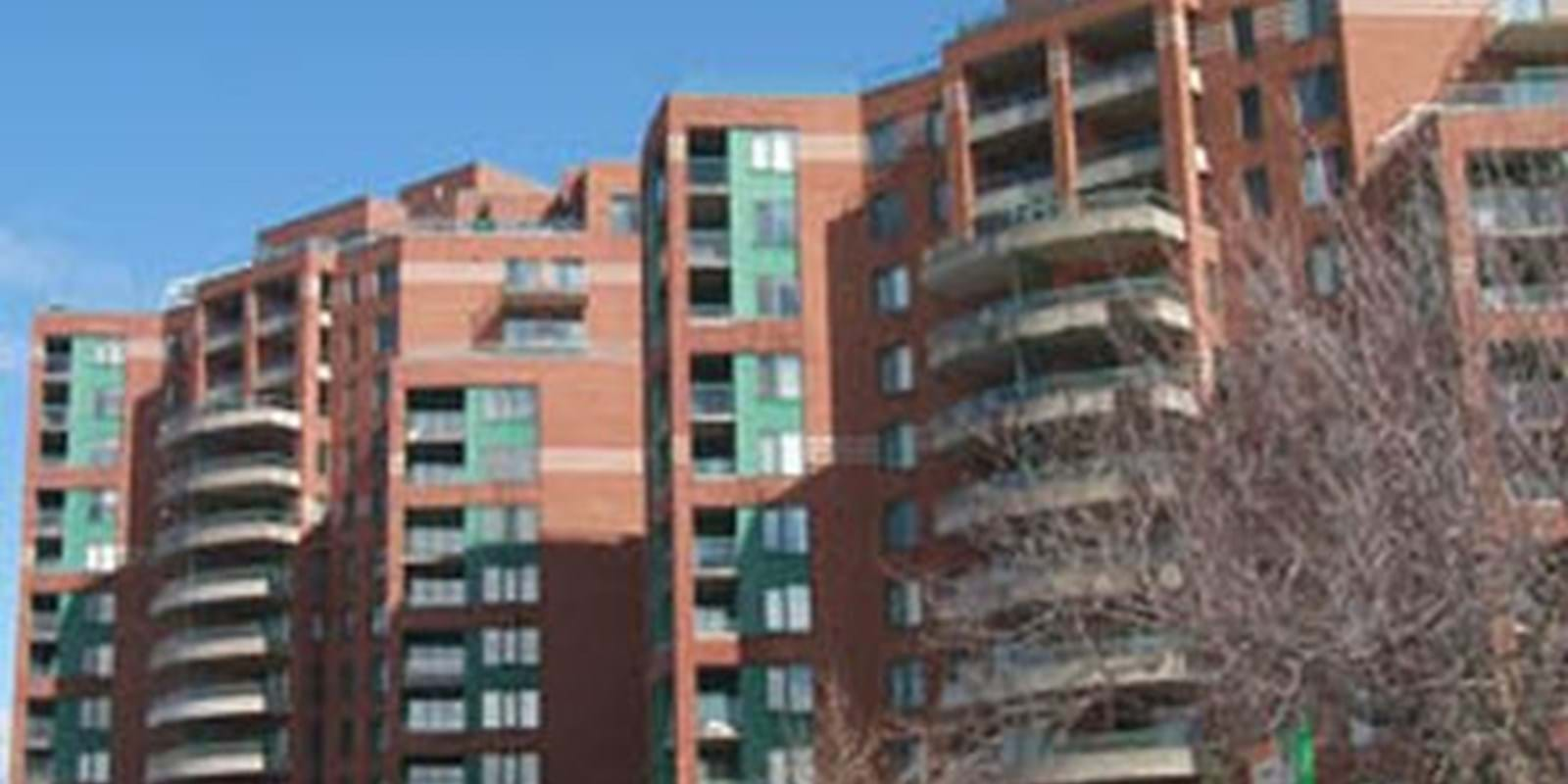If it would depend on the Montreal Economic Institute (the MEI), low-cost public housing which is very expensive for the City of Montreal and for the Government of Quebec, should simply disappear. And this is not all of it; even rent control should be abolished in Quebec. The money saved could easily be redistributed in the form of housing vouchers to the present users of low-cost public housing.
This is a point of view which has been emitted by Mathieu Laberge, economist at the MEI, under the title: « Revalorize the Montreal residential real estate park. »
According to this researcher, the City of Montreal should change the mission of the Municipal Housing Office of Montreal (the OMHM) and liquidate its real estate assets. He observes that in 2006, 23 151 households were waiting to live in low-cost public housing in Montreal, which is a higher number than the 20 391 who already live in this kind of housing (according to the annual report of 2006 of the Municipal Housing Office of Montreal (the OMHM).
According to him, low-income tenants could obtain housing vouchers, which would have a fixed value, somewhat like a cheque. Beneficiary households could increase these sums with their own funds. And the City of Montreal could sell its dwellings to the private sector.
If the total cost of the low-cost public housing program in Montreal, which is approximately 106 609 036 $, would be distributed over the whole of the 43 542 households that are admissible to an apartment at medium rent, that would represent a direct aid of 2 450 $ per year or of 200 $ per month on average per household.
« Not only is this amount substantial, it will also be distributed to twice as many households than the ones who presently benefit from the low-cost public housing programme. Briefly put, converting low-cost public housing in order to redistribute the housing vouchers would allow to better help a larger number of people », elaborates Mathieu Laberge.
The economist of the MEI proposes another measure, complementary to the distribution of housing vouchers, a measure that will be susceptible to increase the general quality of the Montreal rental park. It would be to eliminate rent control by the Régie du logement of Quebec. « Rent control contributes to devalorize the construction of rental housing compared to other types of housing because it does not permit the parties to freely set the price. »
In conclusion: « Reducing price control on housing would thus incite landlords to better maintain their housing and it would also encourage the construction of new rental dwellings. Thus, if it is possible that the sale of old low-cost public housing could lead to a reduction of the total supply of affordable housing in the short term, the elimination of rent control would stimulate the construction of new rental housing and it would reduce the initial impact of the abolition of low-cost public housing. This would without doubt benefit disadvantaged households by offering them, not only better maintained apartments, but by corresponding the supply of rental dwellings to real demand, and not to an artificial demand influenced by controlled prices. »

